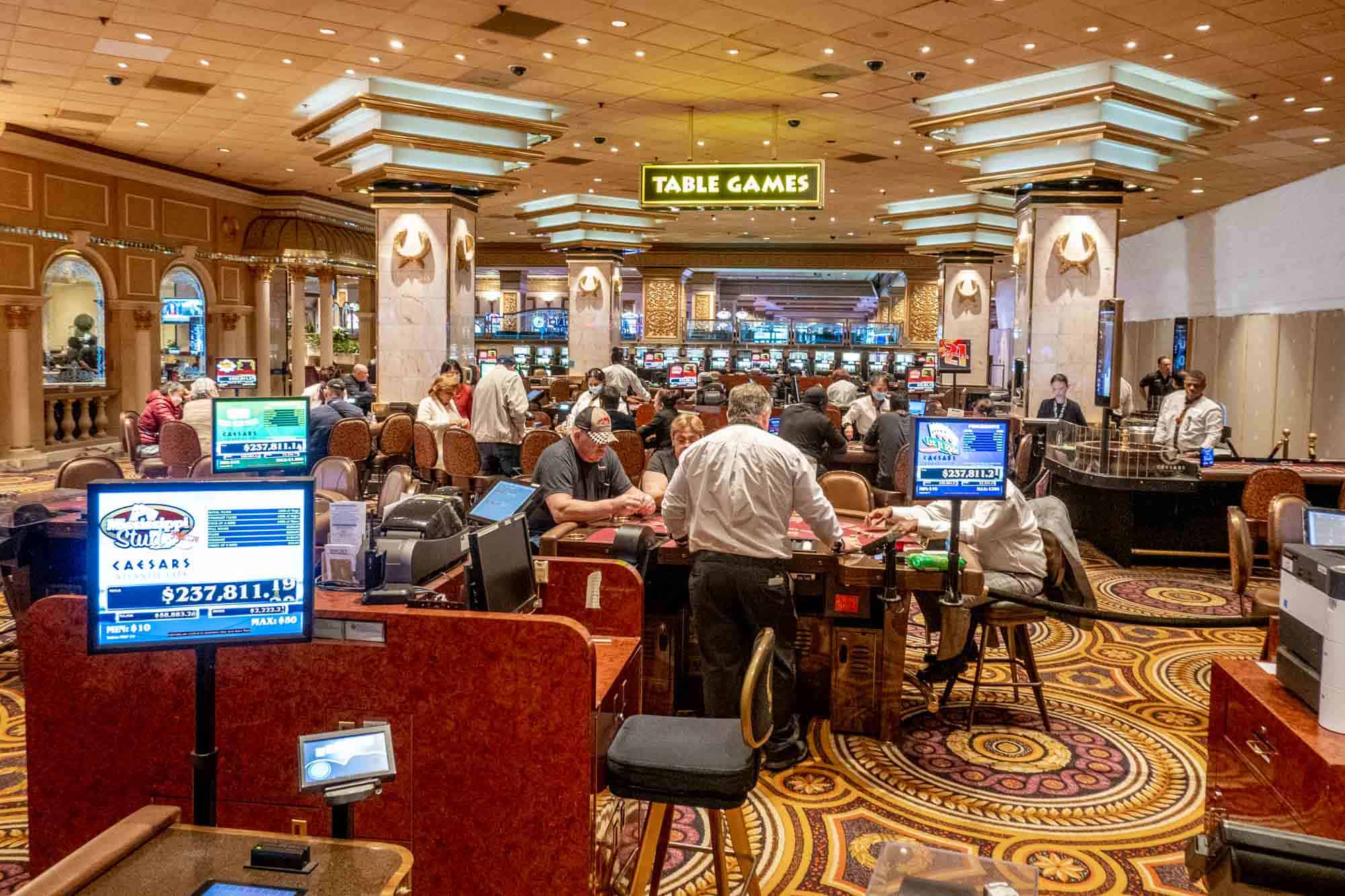Casino games have captivated for years a wide range of players, providing not only the thrill of chance but also a unique experience designed for various kinds of players. From strategic players who succeed through skill and calculation to the casual players who seek entertainment, casinos understand the subtleties of their audience and create games that meet these differing tastes.
In investigating the universe of casino gaming, we discover a rich tapestry of game types that attract players of all kinds. High-stakes poker tables entice competitive individuals, while colorful slot machines attract those seeking quick rewards. Whether it’s the lure of winning large or simply relishing the social environment, casinos design their game offerings to ensure that everyone finds a spot that feels comfortable and engaging. Recognizing how these games are tailored to different kinds of players can enhance not only our appreciation of them but also our approach to choosing which games to play.
Grasping Participant Categories
In the multifaceted world of gaming games, participants can be classified into specific kinds based on their incentives and likings. These player types range from the laid-back and social gamers, who enjoy the fun value and interactive connections that gambling provides, to the more tactical and analytical players, who seek to increase their probabilities and gains. Understanding these various player types is essential for casinos to tailor their games and create engaging experiences.
One frequent kind is the communal player, who views casino games as a form of community interaction and enjoyment rather than a high-stakes gambling pursuit. These participants often enjoy games that encourage involvement and friendship, such as blackjack. 789P Their attention is on the process rather than the result, so dynamic environments and shared moments are what they cherish the most.
On the opposite end of the spectrum, strategic players are inspired by contest and the pursuit of skill. They tend to be drawn toward games that demand tactical planning and strategy, such as strategic card games, where their skills can determine the result. This type often involves with the games on a deeper level, utilizing insight and tactics to gain an edge. Grasping these motivations allows casinos to create environments and game selections that suit to each gamer’s unique preferences.
Strategies for Game Design

Gambling games are designed with diverse player types in mind, utilizing multiple strategies to draw in and capture them. For recreational players, the focus is on ease and ease of understanding. Games like slots are often aesthetically pleasing with simple mechanics. This allows players to experience the experience without a steep learning curve, fostering an inviting atmosphere. The vibrant hues, catchy sounds, and thematic elements create a fun environment where players can quickly get immersed and entertained.
For strategic players who enjoy a deeper level of involvement, games such as poker and 21 offer complexity and strategic elements. These games incorporate strategy and decision-making, appealing to players who thrive on challenge and want to utilize their mental skills. The design of these games regularly includes intricate rules and mechanics that test players to refine their skills and create strategies over time, resulting in a fulfilling experience for those who appreciate perfecting the game.
Moreover, social players are catered to through games that highlight engagement and community. This comprises live dealer games and multiplayer formats, which cultivate a sense of camaraderie among players. The design of these games typically incorporates communication tools and social elements, allowing players to connect and exchange insights. By creating an environment where participation is promoted, casinos can effectively engage social players, making the gaming experience more enjoyable and memorable.
Enhancing Player Engagement
Betting options have evolved notably to offer a much more immersive environment for players. Software developers focus on stunning visuals, dynamic audio effects, and novel gameplay features that engage gamers into the gaming space. By employing digital advancements, such as virtual reality and AR, gaming establishments ensure that players feel as if they are part of a exciting experience, enhancing not only the enjoyment of the games but also the overall satisfaction of being in a betting establishment.
Player interaction is another key factor in boosting player engagement in gambling titles. Several games are designed to encourage engagement among participants, whether through multiplayer modes or social tools. This interactive component attracts gamers who like communicating with other participants while playing, promoting a sense of community. In addition, social features can include leaderboards, tournaments, and prizes for cooperative gaming, which engage ambitious participants and encourage them to return for more.
In conclusion, tailoring plays a crucial role in tailoring the experience for diverse player types. Casinos and game developers study player behavior and tastes to provide personalized game options and incentives. By understanding the distinct tastes of gamers, casinos can present personalized deals, incentives, and new game releases that appeal to each individual, thus boosting their complete engagement and loyalty to the casino.